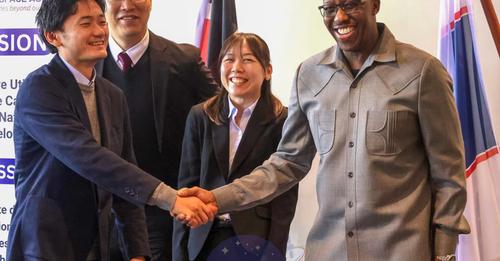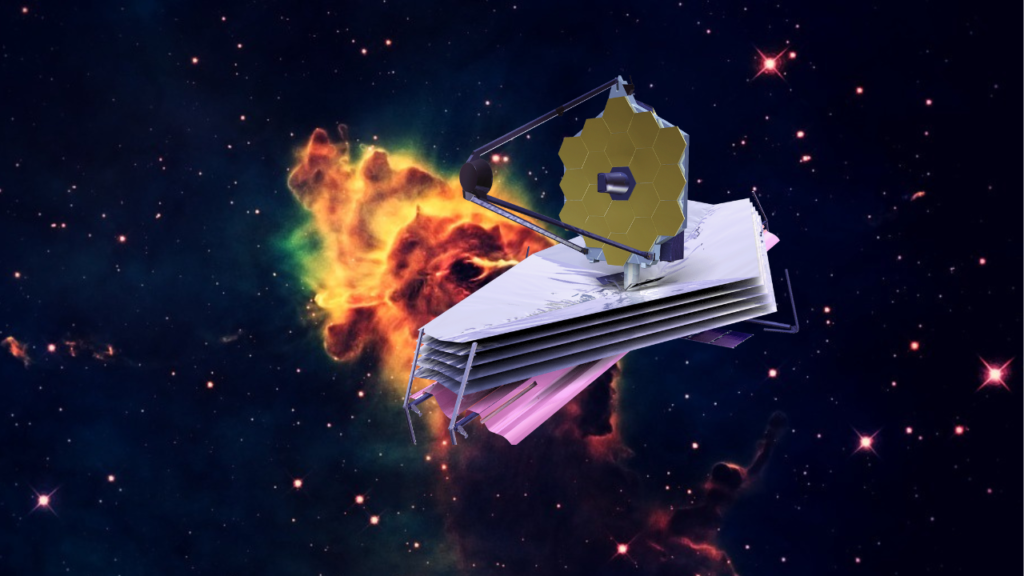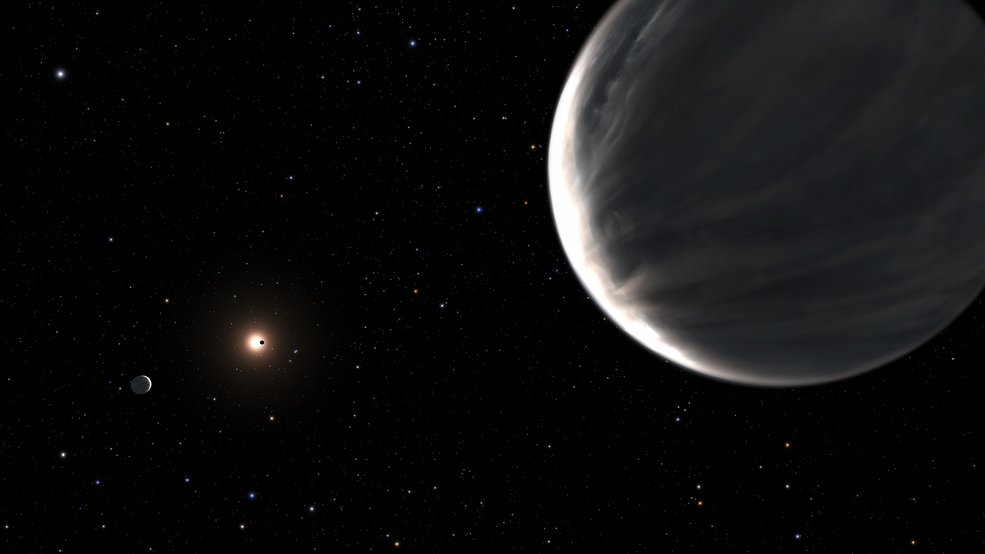Brigadier Hillary Kipkosgey, the Acting Director General of the Kenya Space Agency (KSA), hosted a series of meetings last Friday to discuss potential collaborations in space technology and its applications. These discussions, held at KSA headquarters in Nairobi, aimed to strengthen KSA’s position in the global space sector and enhance its contribution to national development.
KSA Discusses Satellite Development and Student Exchange with the University of Tsukuba
Brigadier Kipkosgey met with Professor Kyosuke Yamamoto and Professor Toshihiro Kameda from the University of Tsukuba, Japan. The talks centred on collaboration for satellite and small rocket development, areas where Japan has significant expertise.
The meeting also explored establishing a student exchange programme, which could foster knowledge transfer and capacity building in space science and technology between the two countries. The Japanese delegation was accompanied by Dr Shohei Aoki, Dr Anthony Muchiri, and Dr Patrick Muiruri, who are involved in the Nakuja project. This project likely represents an existing collaborative effort that could be expanded through this new partnership.
KSA and BMGF Explore Geospatial Collaboration for Development
Dr Mollie Van Gordon, Senior Programme Officer leading the Geospatial Insights portfolio at the Bill & Melinda Gates Foundation (BMGF), met with the Kenya Space Agency team to explore areas of potential collaboration.
The BMGF’s interest in geospatial technology suggests possible applications for public health, agriculture, or environmental monitoring, with the potential to significantly impact national development. To this end, Dr Van Gordon was in Kenya for Geopalooza 4.0, held at Safari Park Hotel from 24-26 July 2024. Geopalooza, a cross-sector geospatial event, aims to promote the importance of geospatial work, technologies, and data. The event serves as a platform to educate stakeholders and encourage investment in geospatial projects and programmes. It was organised by DevGlobal and BMGF, with support from KSA, indicating KSA’s active role in promoting geospatial technologies in Kenya.
Kenya, SERVIR, and GEOGLOWS Team to Explore Satellite Technology for Flood Forecasting
Brigadier Kipkosgey led the Kenyan Space Agency delegation, which also hosted a meeting with the GEOGLOWS team, which included Professor Jim Nelson, GEOGLOWS project lead, Phoebe Oduor from NASA SERVIR, and Calvince Wara from the Nile Basin Institute.
The GEOGLOWS team was in Nairobi for the Global Flood Partnership Conference 2024, organised by the United Nations Office for Disaster Risk Reduction (UNDRR) from 23-26 July 2024. This conference brings together experts in flood risk management and highlights the global importance of this issue. Therefore, the discussion focused on a potential collaborative partnership with KSA, emphasising the use of satellite and earth observation technologies. In addition, applying GEOGLOWS Streamflow Services for flood forecasting was a key topic, highlighting the practical applications of space technology in disaster preparedness and risk reduction in Kenya. This collaboration could significantly enhance Kenya’s capacity to predict and mitigate flood-related disasters.
These meetings demonstrate KSA’s multifaceted approach to developing its space programme. Thus, by engaging with international universities, global philanthropic organisations, and specialised technical groups, KSA is positioning itself to leverage space technology for various national development and disaster management aspects. Furthermore, these partnerships could lead to advancements in Kenya’s satellite technology, improved geospatial data utilisation, and enhanced disaster response capabilities, ultimately contributing to the country’s technological and economic growth.
Source: https://spaceinafrica.com/2024/07/28/kenya-space-agency-forges-global-partnerships/



